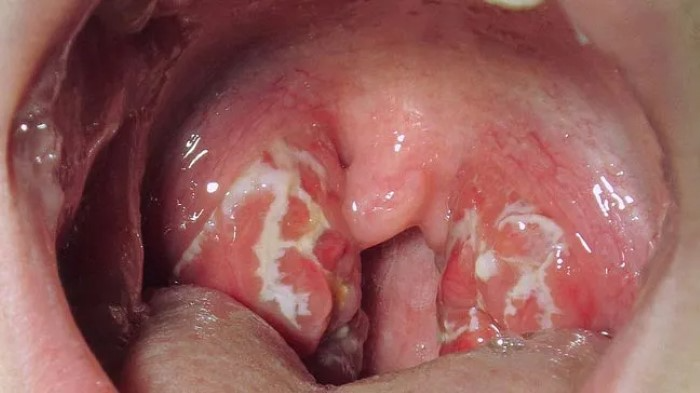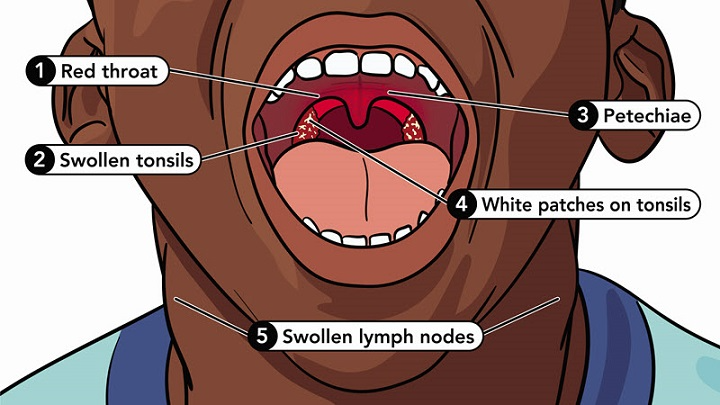Strep throat is a contagious bacterial infection caused by group A Streptococcus bacteria. It can cause severe sore throat, fever, and discomfort, often spreading easily among people in close contact. Preventing strep throat is important to protect yourself and those around you from infection. This article outlines practical ways to avoid strep throat by adopting healthy habits and minimizing exposure.
What Is Strep Throat?
Overview of Strep Throat
Strep throat primarily affects the throat and tonsils, leading to inflammation and pain. It spreads through respiratory droplets from coughing, sneezing, or close contact with an infected person.
Common Symptoms
- Sudden sore throat without coughing
- Painful swallowing
- Fever and chills
- Swollen lymph nodes in the neck
- Red and swollen tonsils, sometimes with white patches
How Strep Throat Spreads

Modes of Transmission
- Direct contact with respiratory secretions
- Touching surfaces contaminated with bacteria and then touching the face
- Sharing utensils, cups, or personal items with infected individuals
Contagious Period
People with strep throat can spread the infection until they have been on antibiotics for at least 24 hours or symptoms have resolved.
Effective Ways to Avoid Strep Throat
Practice Good Hand Hygiene
- Wash hands thoroughly with soap and water for at least 20 seconds.
- Use alcohol-based hand sanitizer if soap and water are unavailable.
- Wash hands especially before eating or touching your face.
Avoid Close Contact With Infected People
- Keep a safe distance from anyone diagnosed with strep throat.
- Do not share eating utensils, cups, or towels.
- Encourage sick family members to cover their mouths when coughing or sneezing.
Maintain Clean Surroundings
- Regularly disinfect commonly touched surfaces like doorknobs, phones, and countertops.
- Launder bedding, towels, and clothes of infected persons separately in hot water.
Boost Your Immune System
- Eat a balanced diet rich in fruits and vegetables.
- Get adequate sleep and manage stress.
- Stay physically active and hydrated.
Use Protective Measures in Public Places
- Avoid touching your face, especially your mouth, nose, and eyes.
- Wear masks in crowded settings during outbreaks.
- Practice respiratory etiquette by covering coughs and sneezes with a tissue or elbow.
When to Seek Medical Advice
Recognizing Symptoms
If you or a loved one experience severe sore throat, fever, and difficulty swallowing, consider seeing a healthcare provider.
Early Diagnosis and Treatment
Prompt testing and antibiotic treatment reduce the risk of spreading and complications.
Additional Prevention Tips for Families and Schools
Educate Children
Teach children proper handwashing and respiratory hygiene.
Keep Sick Children Home
Prevent spreading infection by keeping children with symptoms at home until cleared by a doctor.
Encourage Vaccinations
Stay current with vaccines that protect against other respiratory infections.
Frequently Asked Questions (FAQs)
Can strep throat be prevented with a vaccine?
Currently, there is no vaccine for strep throat.
How long does strep throat remain contagious?
It can be contagious until 24 hours after starting antibiotics or until symptoms resolve.
Can frequent handwashing really prevent strep throat?
Yes, good hand hygiene is one of the most effective ways to reduce transmission.
Is it safe to share food or drinks with others?
No, sharing utensils or drinks increases the risk of spreading strep bacteria.
Can strep throat come back after treatment?
Yes, reinfection is possible, so continue preventive measures even after treatment.
Avoiding strep throat involves simple but effective habits such as regular handwashing, avoiding close contact with infected individuals, and maintaining clean environments. Strengthening your immune system and practicing good respiratory hygiene also play key roles. By following these prevention tips, you can reduce your chances of contracting or spreading strep throat and protect the health of your family and community.


